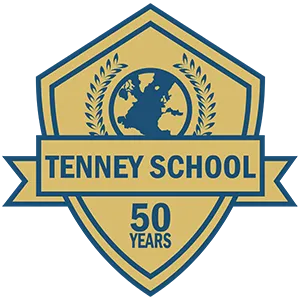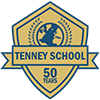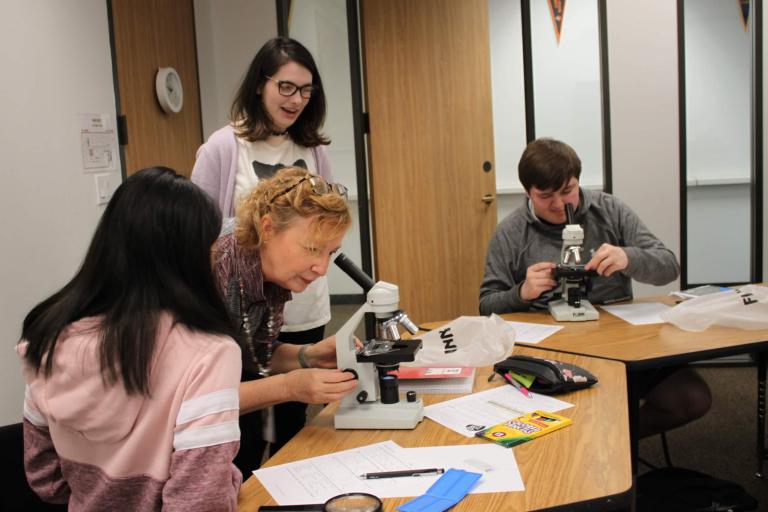With so many educational choices available today, the controversy continues to grow on what type of school makes the most sense for any given individual student. The term ‘small school’ represents a relative term; however, most would define a small school as enrolling 400 students or fewer. Small schools may take the form of a rural school, a private, charter, magnet, or home school.
Depending on the child and their situation, a small school atmosphere may represent the best educational option, while other students thrive in an atmosphere with more students.
Advantages of Small Schools:
When considering what kind of school to send your child, take note of the many benefits small schools offer:
- Students get more overall attention at small schools.
- Small schools produce better academic results.
- Students often learn more quickly in a small school atmosphere since the subjects consist of a more focused curriculum.
- At smaller schools, teachers focus more on teaching rather than babysitting and discipline. The improved teacher to student ratio also lends itself to more productive learning.
- With significantly fewer students, many of these students experience a culture that lends itself to a closer community atmosphere. The increased intimacy that results from this closer community culture also encourages creative thinking and original ideas.
- Notably, in today’s conflicted world, the fact that statistically, smaller schools represent a safer choice needs mentioning. Smaller schools experience far less violence, but also less conflict between students and students and teachers. Bullying and sexual harassment don’t happen with the same frequency in small schools as they do in institutions with many more students.
What Kinds of Students Do the Best in Small Schools?
In certain situations, some students thrive more in a school with a larger student body. Larger schools may operate with a more standardized and stringent curriculum. This defined type of program appeals to students seeking optimum structure.
Larger schools offer more competition, not only academically, but also with sports, music, and other activities. Young people who thrive on competition may do very well in a larger school.
However, if a student possesses a particular passion for music, the theater, or visual arts, private and magnet schools that focus in that area often represent an ideal option.
Additionally, gifted students and those with learning disabilities both experience a better educational opportunity at a smaller school.
Shy and Introverted Students
To understand the shy child, we must define shyness. Shyness represents an inherited human trait. Though people may learn to adjust or deal with their shyness, they cannot help their condition. Shyness, manifests itself physically, mentally, and emotionally. Some of the most notable symptoms of shyness include blushing, trembling, sweating, and hyperventilating.
Introverted adults often experience difficulty both in their professional and social situations. Imagine how a shy eight-year-old feels when confronted with thirty plus classmates.
Shy students need to feel acceptance and understanding from their classmates and teachers. The improved teacher to student status and the intimate feeling of community represents a much better atmosphere for the introverted student.
Consider the Advantages of Tenney School:
Tenney School’s Power of One philosophy represents the principal tenet of their mission statement. The goal for every student to succeed both academically and socially helps prepare the student for all future aspects of their life.
Rather than pooling data and concentrating teaching tactics to the middle, Tenney School treats each student as an individual. This practice of individual attention works well for the gifted student that needs challenging as well as a child with a learning disability who may require extra patience. Tenney School’s teaching and learning model also represents an ideal atmosphere for the introverted student.
Since Tenney School falls under the private school category, it does not require a lottery-type system. Additionally, at Tenney, we offer age-appropriate preparations for your child’s educational future, including readiness courses for the ACT and SAT exams and college prep courses for high school seniors.
To determine if Tenney School represents a good option for your child, please contact us here for more information.


